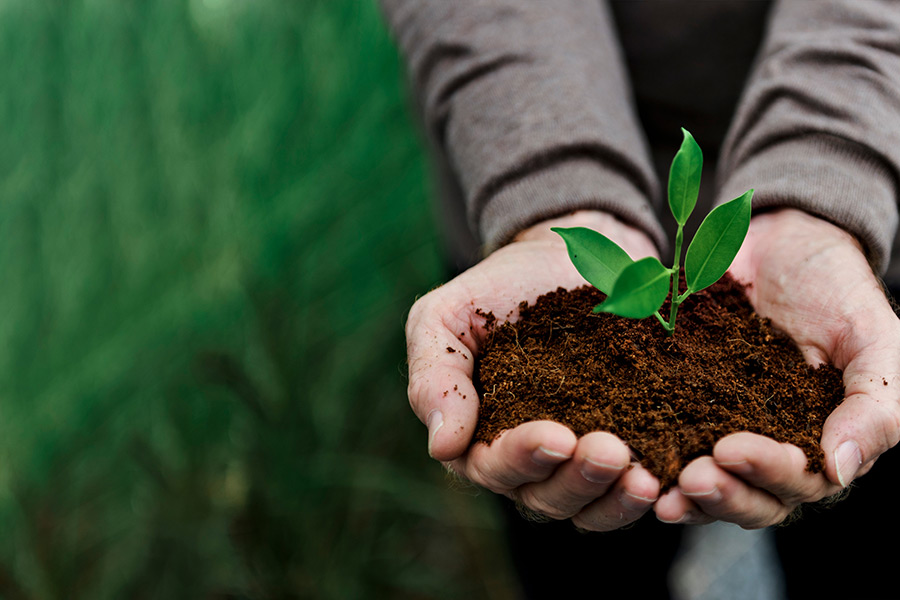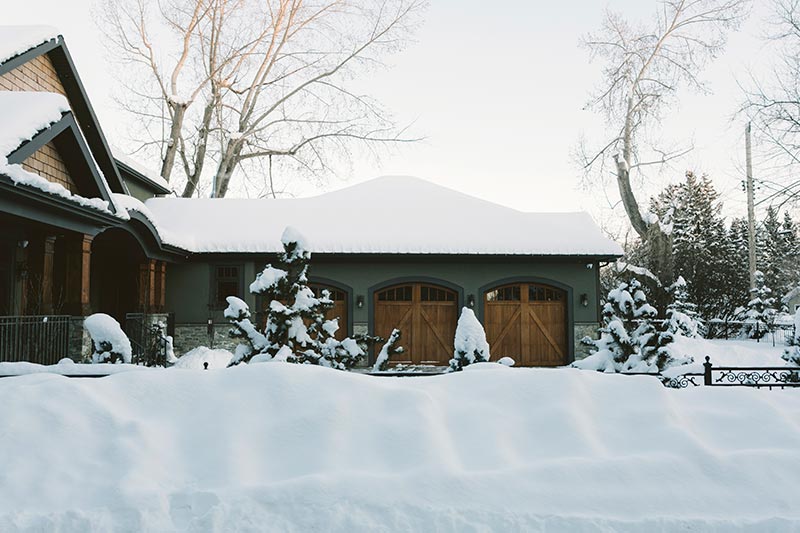
In today’s fast-paced world, where environmental concerns are at the forefront, homeowners are seeking simple yet impactful ways to reduce waste and nurture the planet. Composting has emerged as an increasingly popular solution, enabling homeowners to transform kitchen scraps and yard waste into nutrient-rich soil. Let’s dive into the world of composting and discover how homeowners are embracing this sustainable practice.
The Magic of Composting
Composting is a natural process that converts organic waste into a valuable resource. Homeowners can create a compost pile or use a compost bin to harness the power of decomposition. The process involves layering organic materials like fruit and vegetable scraps, coffee grounds, leaves, and grass clippings. Over time, microorganisms break down the organic matter, generating heat, and transforming it into nutrient-rich compost. This “black gold” can be used to enrich garden soil, nourish plants, and promote healthy growth, all while reducing the need for chemical fertilizers.
Environmental Benefits
By learning to compost, homeowners contribute significantly to the environment. Composting diverts organic waste from landfills, reducing greenhouse gas emissions and the production of methane—a potent contributor to climate change. Additionally, composting enriches soil, improving its structure, water retention, and nutrient content. This promotes healthy plant growth, reduces the need for synthetic fertilizers, and decreases the risk of soil erosion. With each compost pile, homeowners actively participate in closing the loop of the organic waste cycle and minimizing their carbon footprint.
Getting Started: Composting Basics
Embarking on the composting journey requires a few essential steps. First, homeowners should choose a suitable composting method that aligns with their space, needs, and lifestyle. Compost bins, tumblers, and worm bins are popular options, each with its own advantages. Next, it’s crucial to strike a balance between the green (nitrogen-rich) and brown (carbon-rich) materials. Greens include fruit and vegetable scraps, tea leaves, and grass clippings, while browns encompass dry leaves, straw, and shredded paper. Proper aeration and moisture are vital for maintaining an optimal composting environment, ensuring the breakdown process occurs efficiently. Lastly, homeowners should regularly turn or mix their compost pile, facilitating decomposition and preventing odors.
Troubleshooting and Tips
While composting is a relatively straightforward process, challenges may arise along the way. Foul odors may indicate excessive moisture or insufficient aeration, requiring adjustments to the compost pile. Similarly, if the compost appears slimy, adding dry materials like leaves or wood chips can help balance the moisture content. It’s also essential to avoid composting meat, dairy products, and oily foods, as they can attract pests and slow down decomposition. By monitoring and adjusting the composting process as needed, homeowners can achieve optimal results and maintain a healthy composting system.
Give it a Go
Homeowners across the globe are learning to compost as a sustainable and rewarding way to reduce waste, nurture their gardens, and promote a healthier environment. Through the process of composting, individuals can actively participate in the green revolution and make a tangible difference in their own backyard. Embrace the composting journey today, and watch as your waste transforms into a valuable resource for the planet.




